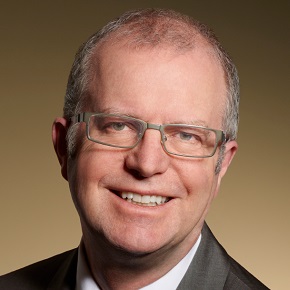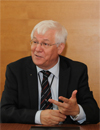 |
||
|
Hospital Resumes Work in Fukushima Evacuation Area RIA Novosti, PUBLISHED 24.04.2014 After three years of closure, a hospital in Japan’s disaster-hit Fukushima Prefecture resumed work on Wednesday, restoring vital infrastructure ahead of the resettlement of the region, the Jiji Press news agency reported. The Odaka Hospital was the first medical facility to reopen in the districts surrounding the damaged nuclear power plant Fukushima 1. The hospital is now awaiting the lift of an evacuation advisory for the area, scheduled to be completely removed by April 2016. In March 2011, Japan was hit by a massive magnitude 9.0 earthquake and subsequent tsunami, claiming more than 15,000 lives and causing a number of explosions at the Fukushima nuclear power plant. In what has been dubbed the world's worst nuclear disaster since Chernobyl, three of the plant’s reactors underwent a partial meltdown as radiation leaked into the atmosphere, soil and seawater. Topics: NPP Fukushima Daiichi Other news: Hungary Enacts Law to Expand Nuclear Power With Russian Aid Hungary’s president has signed a bill into law to expand a nuclear power plant in the country with Russian assistance. Hungary Lawmakers OK Russia Nuclear Plant Deal Russia will provide Hungary a loan of up to 10 billion euros ($13.5 billion) - around 80 percent of construction costs. Russia to Lend Hungary $13.7Bln for Nuclear Plant The deal was announced during a state visit to Moscow by Hungarian Prime Minister Viktor Orban and was hailed by Russian President Vladimir Putin. |
Hero of the day 
We are currently working with the Nuclear Decommissioning Authority (NDA) on this approach, which was submitted in response to their February 2012 call for alternative proposals. We appreciate that the UK is in the early stages of their policy development activities and are pleased to be involved in such important work. INTERVIEW
Yanko Yanev OPINION
Joint Plan of Action |

